
12
May
What are the compliance requirements for international freight of dangerous goods in Dubai?
Compliance Requirements for Dangerous Goods International Freight Transport in Dubai
Dubai, as a major global logistics hub, has stringent regulations and guidelines for the transportation of dangerous goods by international freight. To ensure safety and environmental protection, the following are the key compliance requirements for dangerous goods international货运 in Dubai:
1. Classification and Identification: Cargo intended for transport must be accurately classified and identified as dangerous goods based on international standards such as the UN Recommendations on the Transport of Dangerous Goods. This classification helps determine the nature of risks associated with the goods and the necessary safety measures.
2. Packaging and Labeling: Dangerous goods must be packaged and labeled according to strict international standards and guidelines. All packages must be properly marked with appropriate warning labels and identification codes to facilitate handling and identification by authorities.
3. Documentation: Proper documentation is essential for the safe transportation of dangerous goods. Shippers must provide a detailed shipping invoice, safety data sheets, and other necessary documents that outline the nature of the dangerous goods, their classification, and any special handling requirements.
4. Regulatory Approval: Before transporting dangerous goods to Dubai, shippers must obtain necessary regulatory approvals and licenses from the authorities concerned. This ensures that the goods comply with safety standards and are authorized for transportation.
5. Transportation Security: During transportation, strict security measures must be followed to ensure the safety of dangerous goods and prevent any mishandling or accidents. Cargo must be properly secured during loading, unloading, and transit to avoid spillage or leakage.
6. Insurance Requirements: Carriers transporting dangerous goods are often required to have specific insurance coverage to cater for any potential risks associated with such cargo. This ensures that adequate financial resources are available to handle any liabilities related to accidents or incidents during transportation.
7. Emergency Response Planning: Shippers and carriers must have in place emergency response plans to deal with potential accidents or incidents involving dangerous goods. These plans should include procedures for handling emergencies, contact information for emergency services, and details of the necessary safety equipment and resources.
In summary, compliance with these requirements is crucial for the safe and efficient transportation of dangerous goods in Dubai. Failure to comply with these regulations can result in serious consequences, including fines, penalties, and even imprisonment. Therefore, shippers and carriers must ensure that they are fully aware of these requirements and adhere to them strictly.
Dubai, as a major global logistics hub, has stringent regulations and guidelines for the transportation of dangerous goods by international freight. To ensure safety and environmental protection, the following are the key compliance requirements for dangerous goods international货运 in Dubai:
1. Classification and Identification: Cargo intended for transport must be accurately classified and identified as dangerous goods based on international standards such as the UN Recommendations on the Transport of Dangerous Goods. This classification helps determine the nature of risks associated with the goods and the necessary safety measures.
2. Packaging and Labeling: Dangerous goods must be packaged and labeled according to strict international standards and guidelines. All packages must be properly marked with appropriate warning labels and identification codes to facilitate handling and identification by authorities.
3. Documentation: Proper documentation is essential for the safe transportation of dangerous goods. Shippers must provide a detailed shipping invoice, safety data sheets, and other necessary documents that outline the nature of the dangerous goods, their classification, and any special handling requirements.
4. Regulatory Approval: Before transporting dangerous goods to Dubai, shippers must obtain necessary regulatory approvals and licenses from the authorities concerned. This ensures that the goods comply with safety standards and are authorized for transportation.
5. Transportation Security: During transportation, strict security measures must be followed to ensure the safety of dangerous goods and prevent any mishandling or accidents. Cargo must be properly secured during loading, unloading, and transit to avoid spillage or leakage.
6. Insurance Requirements: Carriers transporting dangerous goods are often required to have specific insurance coverage to cater for any potential risks associated with such cargo. This ensures that adequate financial resources are available to handle any liabilities related to accidents or incidents during transportation.
7. Emergency Response Planning: Shippers and carriers must have in place emergency response plans to deal with potential accidents or incidents involving dangerous goods. These plans should include procedures for handling emergencies, contact information for emergency services, and details of the necessary safety equipment and resources.
In summary, compliance with these requirements is crucial for the safe and efficient transportation of dangerous goods in Dubai. Failure to comply with these regulations can result in serious consequences, including fines, penalties, and even imprisonment. Therefore, shippers and carriers must ensure that they are fully aware of these requirements and adhere to them strictly.
LEAVE YOUR COMMENT
categories
recentpost
-
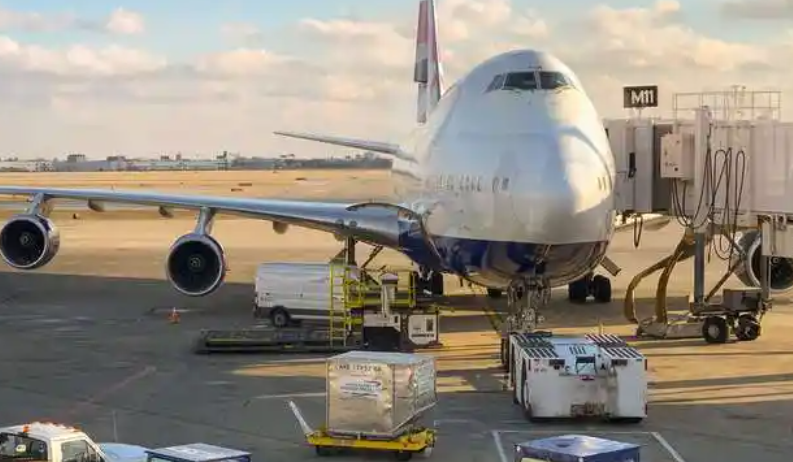 Key Differences in Document Handling & Handover for Consolidated Air FreightJul 16,2025
Key Differences in Document Handling & Handover for Consolidated Air FreightJul 16,2025 -
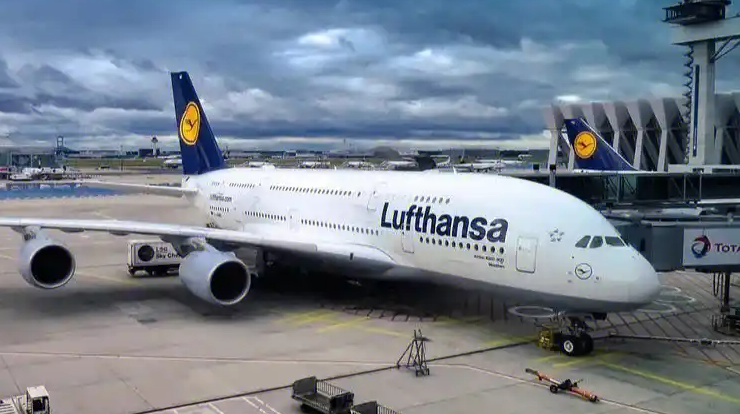 Unveils the Comprehensive Glossary of Air Freight Terms: Decode AWB, ULD, TACT & MoreJul 15,2025
Unveils the Comprehensive Glossary of Air Freight Terms: Decode AWB, ULD, TACT & MoreJul 15,2025 -
 USA DDP By Air vs. International Express: A Comparative Analysis of 3 Core DifferencesJul 15,2025
USA DDP By Air vs. International Express: A Comparative Analysis of 3 Core DifferencesJul 15,2025 -
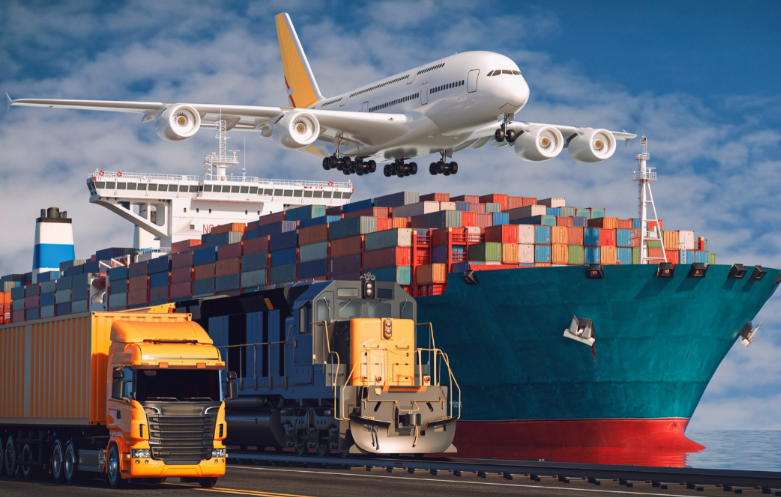 What are the shipping options from China to USA?Jun 24,2025
What are the shipping options from China to USA?Jun 24,2025 -
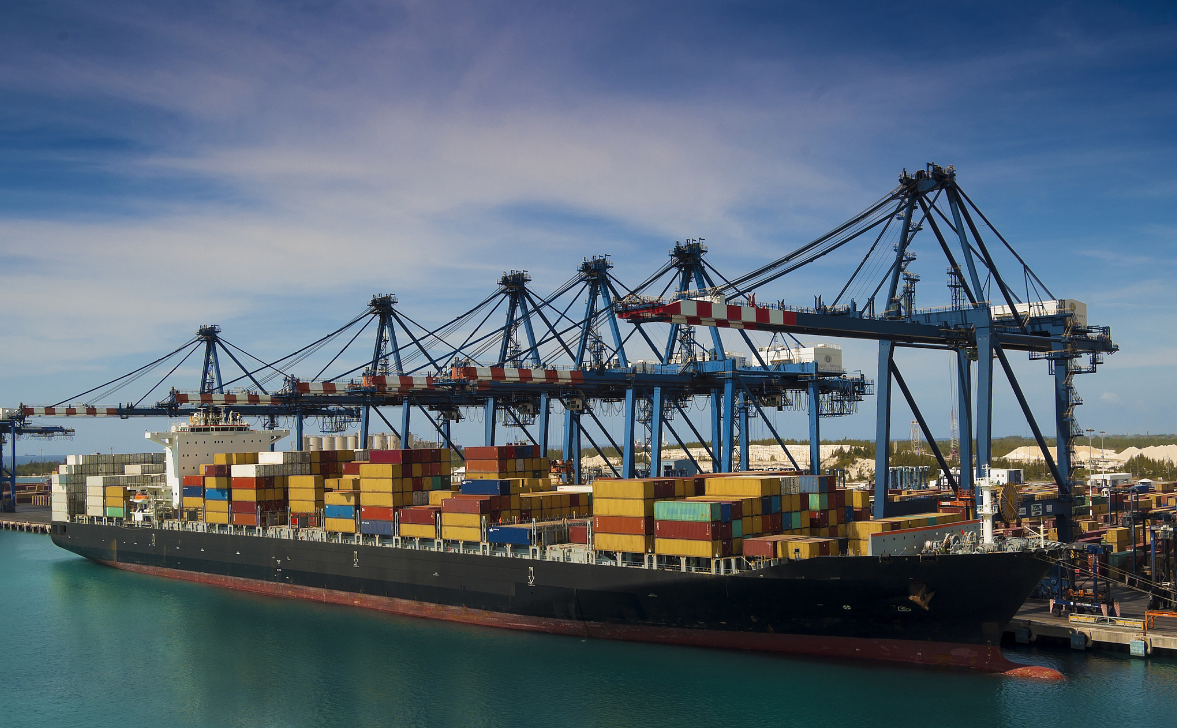 Shipping Costs from China to IsraelJun 23,2025
Shipping Costs from China to IsraelJun 23,2025 -
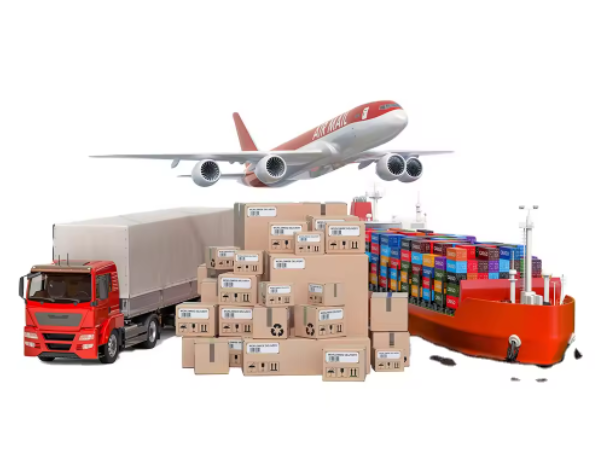 Door to door or DDP shipping from China to Mombasa, KenyaJun 20,2025
Door to door or DDP shipping from China to Mombasa, KenyaJun 20,2025
Online Service

